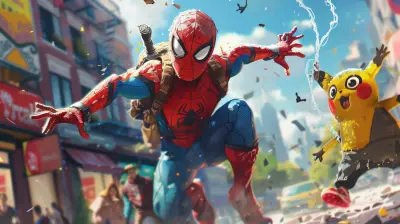Exploring Morality in Video Game Character Design
21 August 2025
Video games have morphed into a multi-billion-dollar entertainment powerhouse, captivating millions of players across the globe. But here's the thing: they're not just about shooting enemies or collecting coins anymore. Nope, video games have grown into a medium for storytelling as compelling as books, movies, or TV shows. And at the heart of any great story? Characters. Now, an interesting twist to character design that has been gaining traction is morality—those blurry lines between good and evil. How do game developers make us question right and wrong while also keeping us glued to the screen? Let's dive in and explore how morality shapes video game character design!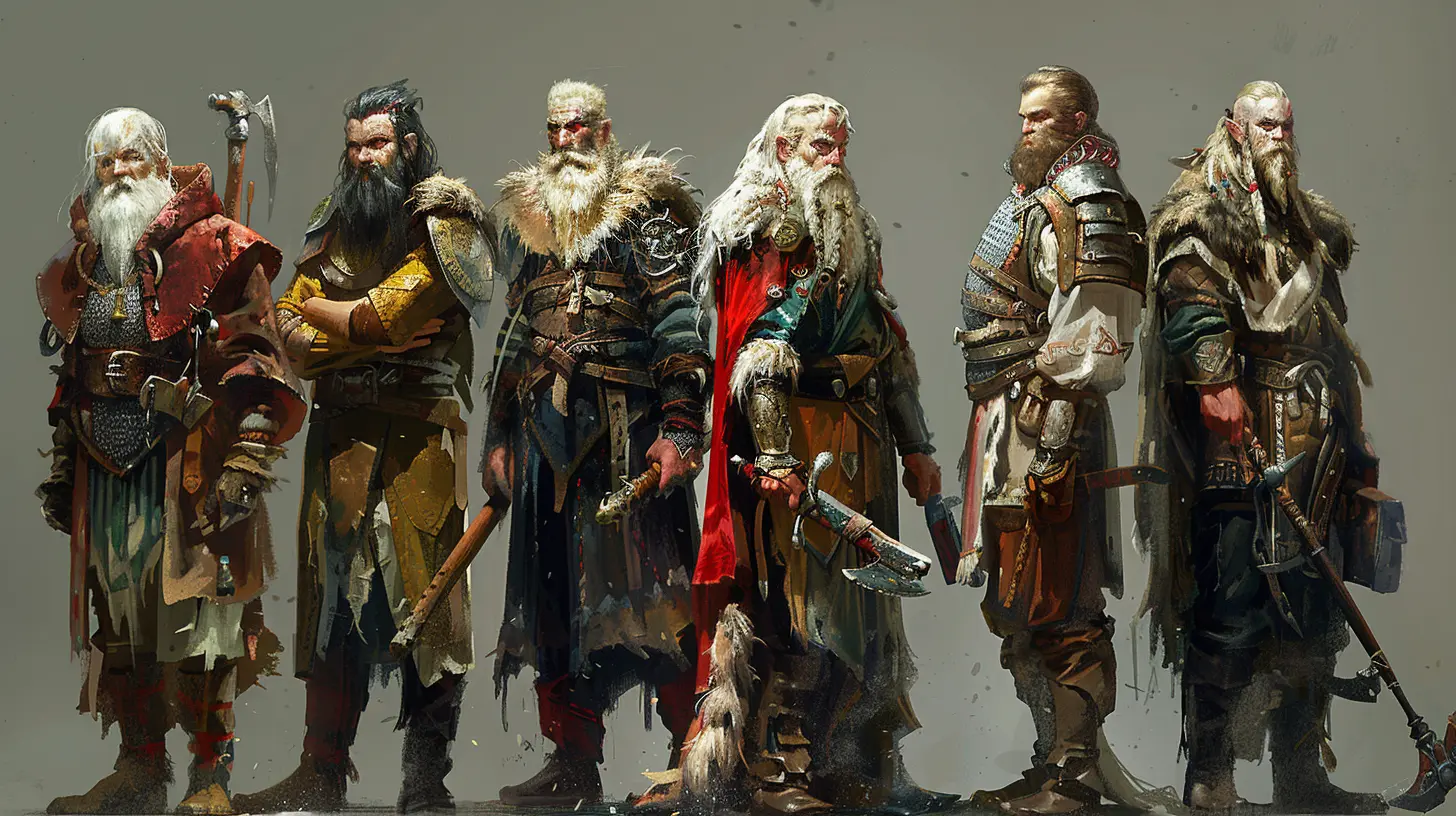
What Is Morality in Video Games, Anyway?
First off, let’s set the stage. Morality in video games refers to how developers incorporate choices, consequences, and ethical dilemmas into their games. It’s the way players get to explore shades of gray instead of living in a black-and-white world. Ever had to decide between saving a village of strangers or rescuing a loved one in a game? That’s morality at play.But morality doesn’t just lie in the decisions you make. It's baked right into the characters—how they act, what they represent, and how their moral compass (or lack thereof) influences the story.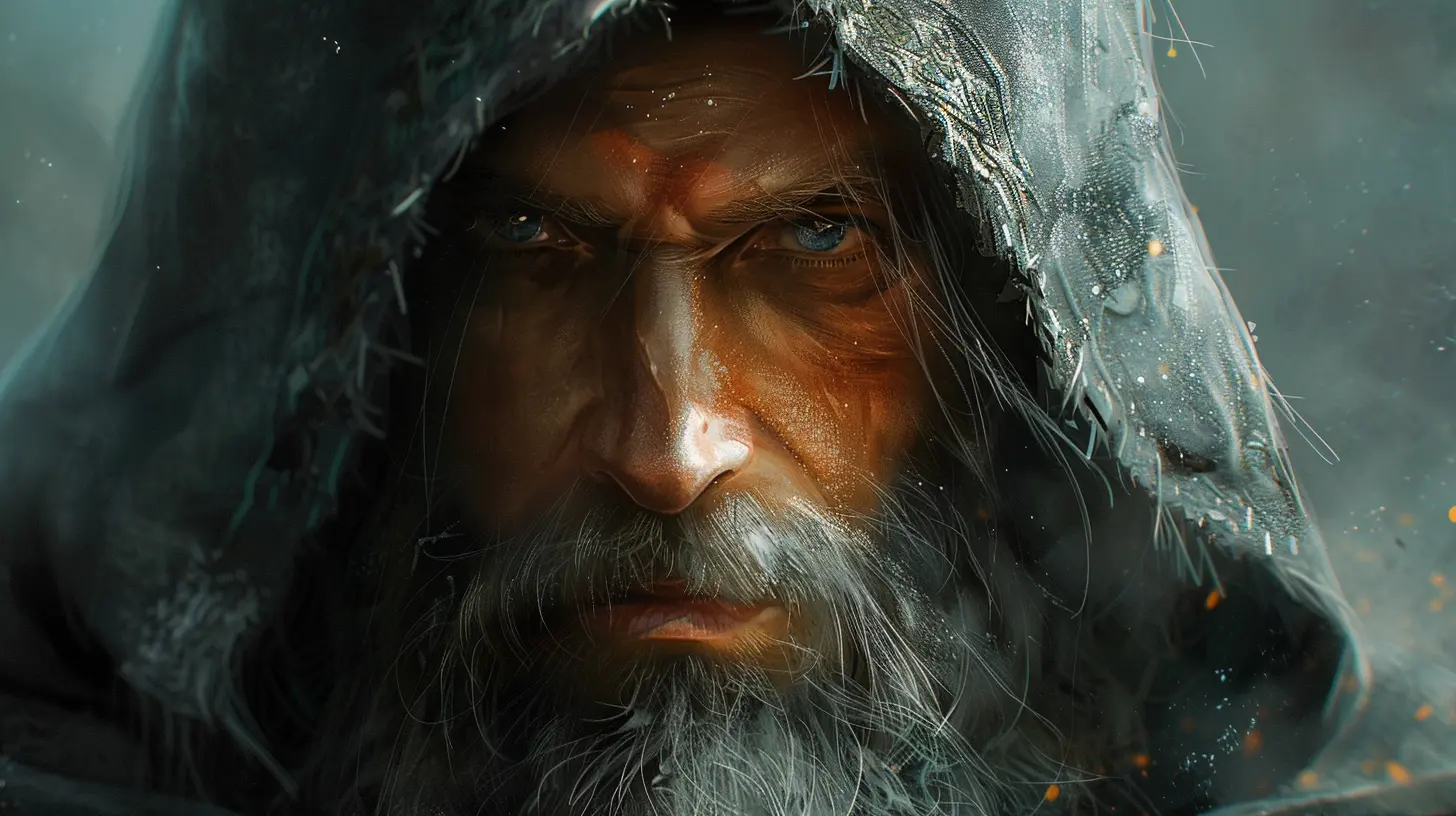
Why Morality Matters in Character Design
Think about your all-time favorite game characters. Chances are, they’re not just surface-level stereotypes. Complex characters stick with us because they feel real. Adding morality into the mix makes these characters relatable—they experience internal struggles, just like we do.Morality also adds depth to the gameplay. It’s no longer about following a single, rigid storyline. It’s about exploring who you are as a player. Are you the type to take shortcuts, even if it means hurting others? Or do you play every decision with an “I must do what’s right” mindset?
Characters who grapple with moral dilemmas allow us to experience these choices through their eyes. Games like The Last of Us or Detroit: Become Human show us that morality doesn’t come in a neatly wrapped package—it’s messy, it’s difficult, and more often than not, it’s painful.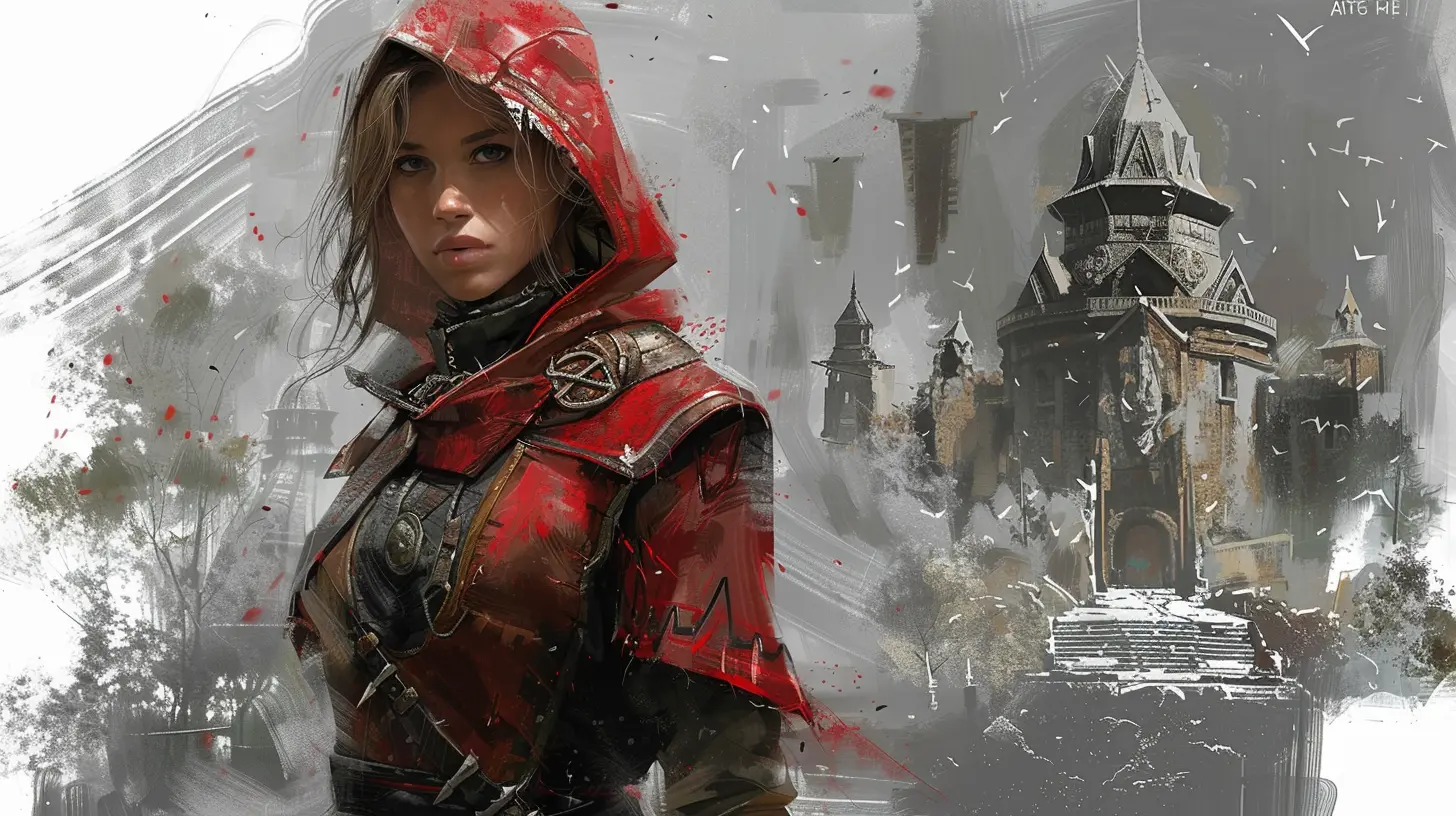
The Rise of Morally Gray Characters in Gaming
Gone are the days when “hero equals good” and “villain equals evil.” Modern video games love to mix it up, giving us morally gray characters we can’t quite peg down. These are the anti-heroes, the villains with sympathetic motives, or the protagonists with a dark side.Take Geralt of Rivia from The Witcher series as an example. Sure, he’s a monster hunter with a gruff exterior, but he’s far from perfect. His choices (or, well… your choices as the player) are often morally ambiguous. Do you take a lucrative contract knowing it might lead to a tragic outcome? Or do you refuse, risking your income and livelihood? Either way, Geralt's actions—and by extension, yours—reflect the complexity of being morally gray.
Another prime example? Arthur Morgan in Red Dead Redemption 2. He’s an outlaw who robs and kills, yet his layered backstory and evolving arc tug at your heartstrings. His morality isn’t static, and that’s what makes him so compelling.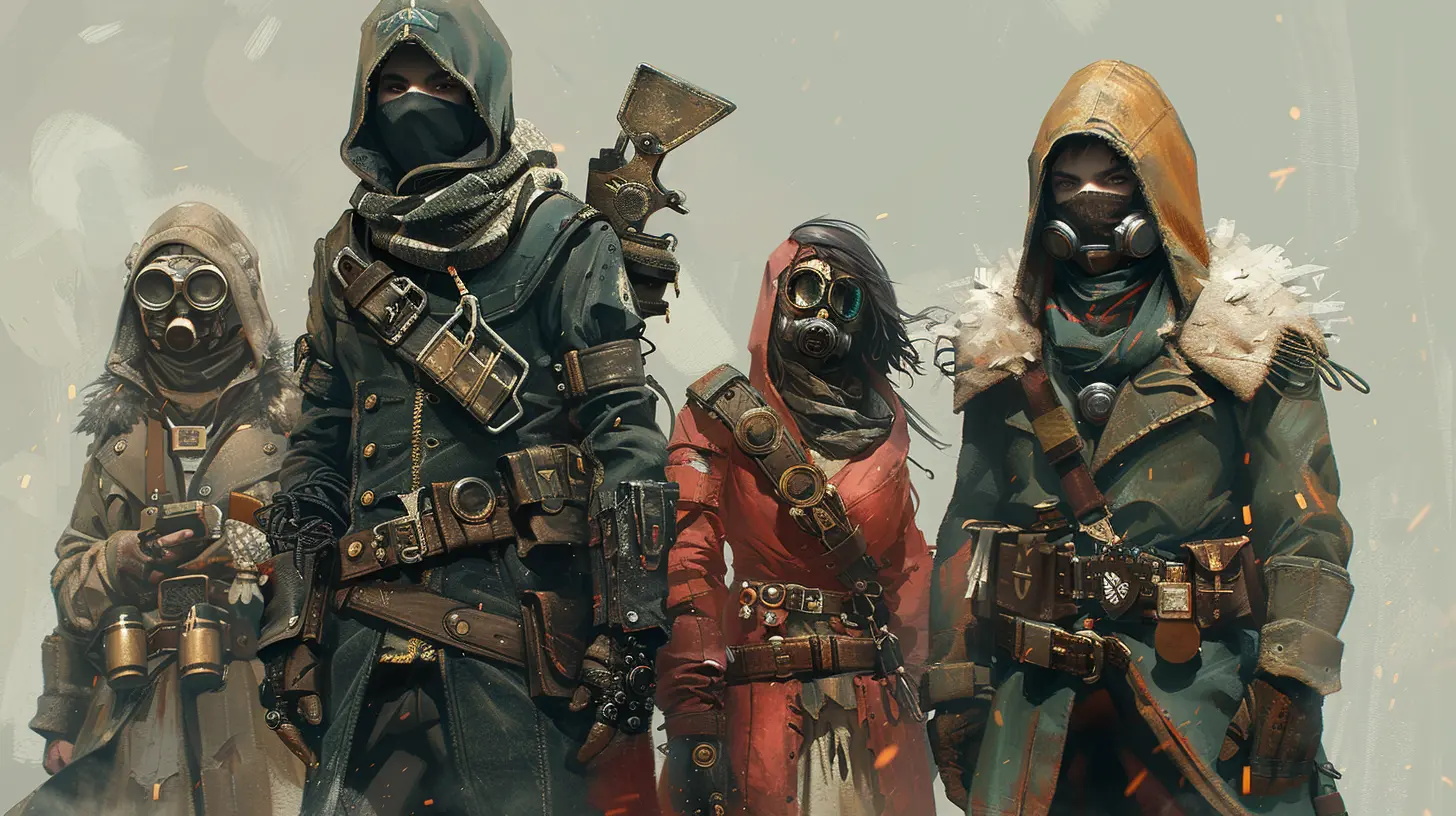
Designing Morality Into Characters: The How-To
So, how do game developers actually pull this off? It takes a careful mix of storytelling, gameplay mechanics, and character design. Let’s break it down.1. Backstories That Shape Morality
A well-thought-out backstory is where everything begins. Characters with rich histories feel authentic, and their moral compass often stems from their experiences. For instance, Kratos from God of War began as a rage-filled warrior consumed by vengeance. But as the games progressed, we saw his sense of morality evolve as he became a father figure, grappling with how to raise his son Atreus while confronting his bloody past.Backstories humanize characters. They help us understand why a character makes certain decisions—even when those decisions make us uncomfortable.
2. Choices That Define You
One way game developers weave morality into their characters is through player choices. Games like Mass Effect and Fable are famous for this. Your choices as a player don’t just shape the story—they shape the characters themselves.Take Commander Shepard from Mass Effect. Will you play as Paragon Shepard, the altruistic hero, or Renegade Shepard, the ruthless pragmatist? The game's branching dialogue system ensures that your choices mold Shepard’s personality and moral fiber, making morality an extension of the character.
3. Visual Cues & Moral Symbolism
Did you know that character design often uses visual cues to signal morality? Yep, art direction is sneaky like that. For example, lighter colors and soft features often indicate a character with good intentions, while darker colors, sharp edges, or scars hint at a troubled or villainous nature.But here’s the kicker: some games flip these visual cues to challenge our assumptions. One fascinating example is Spec Ops: The Line, where protagonist Captain Martin Walker starts as a clean-cut military hero, but as his morality erodes, his appearance and demeanor become more sinister. The visuals mirror his moral descent, forcing players to confront the consequences of their actions.
4. Evolving Morality Over Time
The best characters don’t stay static. Game developers often create arcs where a character’s morality evolves based on the events around them. Joel from The Last of Us starts off as a hardened survivor, willing to do anything to stay alive. But through his bond with Ellie, we see his softer side emerge—though this doesn’t mean his decisions become any less morally complex. By the end of the game, we’re left debating whether he’s a hero or a villain.How Morality Makes Players Reflect
Here’s the thing: morality in character design isn’t just for shock value or dramatic storytelling. It makes us, the players, reflect on our own beliefs. When a game asks you to make a tough moral decision, it’s essentially holding up a mirror. What kind of person are you? Would you justify a "bad" choice if it meant a better result in the long run?This ability to engage players on an emotional and philosophical level is what makes video games such a powerful medium. Unlike movies or books, games are interactive. You’re not just watching the story unfold—you’re actively shaping it. And morality? That’s the secret sauce that keeps players coming back for more.
Trends in Morality-Based Character Design
The future of character design is looking even more exciting, especially with advancements in AI and machine learning. Imagine characters whose moral decisions adapt dynamically based on how you play, or AI NPCs (non-playable characters) that respond to your ethical behavior in ways that feel organic. The possibilities are endless!Developers are also leaning more into morally ambiguous themes. Games like Disco Elysium and Cyberpunk 2077 put you in worlds where there’s no clear “good” or “evil.” Instead, every choice is a shade of gray, and the characters you meet are as flawed as they are fascinating.
Final Thoughts
Exploring morality in video game character design is like peeling an onion—there are so many layers. From giving characters complex backstories and tough choices to using visual cues and evolving arcs, developers have turned morality into an art form. But it’s not just about the characters—morality also forces us to look within ourselves as players.So, the next time you pick up a controller, pay attention to the characters you meet and the decisions you make. You might just learn something about yourself in the process.
all images in this post were generated using AI tools
Category:
Video Game CharactersAuthor:

Francesca West
Discussion
rate this article
2 comments
Octavia Kirkland
Video game character design plays a crucial role in exploring morality, shaping player choices and emotional engagement. By crafting nuanced characters with diverse ethical backgrounds, developers can challenge players to confront their own values, ultimately enriching the gaming experience and fostering deeper reflections on morality.
February 17, 2026 at 4:30 PM
Mackenzie Moore
Thought-provoking piece! Morality deeply enhances character connections in gaming.
August 21, 2025 at 4:25 AM

Francesca West
Thank you! I’m glad you found it thought-provoking. Morality truly does play a crucial role in deepening player connections to characters.
